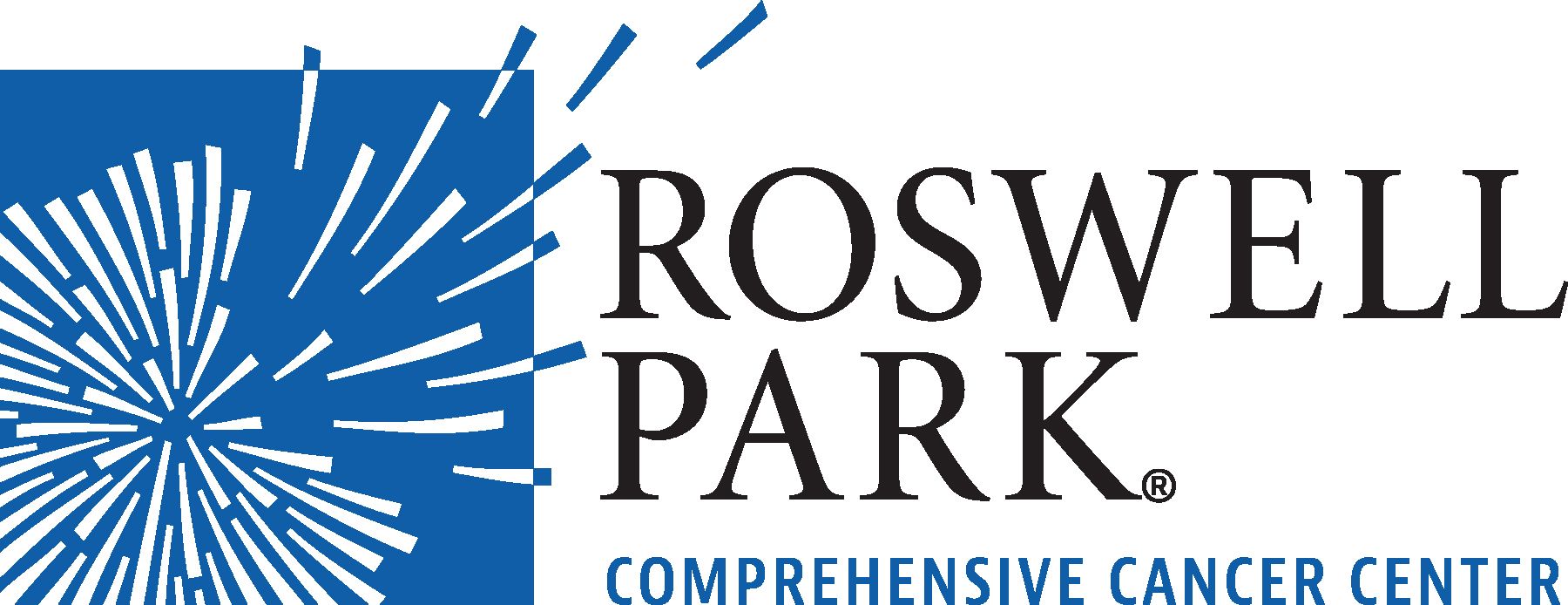
Single Infusion of Cilta-Cel Elicits Early Responses in Myeloma

Ciltacabtagene autoleucel generated deep responses and demonstrated manageable safety in patients with progressive multiple myeloma who were refractory to lenalidomide.
Ciltacabtagene autoleucel (cilta-cel; Carvykti) generated deep responses and demonstrated manageable safety in patients with progressive multiple myeloma who were refractory to lenalidomide (Revlimid), according to data from cohort A of the phase 2 CARTITUDE-2 trial (NCT03548207) presented at the 2022 Transplantation & Cellular Therapy Meetings.
Results indicated that those who received 1 to 3 lines of prior therapy had early and deep responses after a median follow-up of 14.3 months. At the initial analysis, patients who had 2 previous lines of therapy experienced an overall response rate (ORR) of 95% and a complete response rate of 85% or more, and a very good partial response rate of 90% or more.
“Follow-up is ongoing, and the patient population is being further evaluated in the [phase 3] CARTITUDE-4 study [NCT04181827],” Jens Hillengass, MD, PhD, chief of myeloma and professor of Oncology and Internal Medicine at Roswell Comprehensive Cancer Center, said during the presentation.
Investigators enrolled 20 patients in cohort A who had received 1 to 3 lines of prior therapy and were lenalidomide refractory. They were screened between 1 to 28 days, and then apheresis was performed. Bridging therapy was administered as needed followed up 300 mg/m2 of cyclophosphamide plus 30 mg/m2 of fludarabine on days –5 to –3. On day 1, a cilta-cel infusion of 0.75 x 106 was given.
The primary end point was minimal residual disease (MRD) of 10-5 negativity which was assessed by next-generation sequencing. Secondary end points included ORR, duration of response, time and duration of MRD negativity, and incidence and severity of adverse effects (AEs).
Of the 20 patients in the cohort, the median age was 60 years, 65.0% were male. Patients received a median of 2 prior lines of therapy, and 85% had previous autologous stem cell transplantation. A total of 65% of patients were triple-class exposed, and 40% were triple-class refractory. Additionally, 20% of patients were penta-drug exposed, and 5% were penta-drug refractory.
Moreover, all patients had been exposed to proteasome inhibitors, immunomodulatory drugs, and dexamethasone, with 95% of patients having received dexamethasone, and 65% received daratumumab (Darzalex). One patient needed outpatient treatment.
Patients had a median time to first response of 1.0 month, and the median time to best response was 2.6 months. The median duration of response was not reached. At 6 months, the progression-free survival rate was 95% (95% CI, 69.5%-99.3%) and at 12 months it was 84% (95% CI, 59.1%-94.7%). There were 13 patients who had MRD-evaluable samples, 92% (95% CI, 64.0%-99.8%) of which were MRD negative at 10-5.
Several grade 3 or 4 AEs did not recover to grade 2 by day 60, including neutropenia (20%), thrombocytopenia (15%), and lymphopenia (5%). Cytokine release syndrome (CRS) of grade 3 or 4 was observed in 10% of patients, with the median onset being 7 days and the median duration being 4 days; it resolved within 7 days in 90% of patients. Immune effector cell-associated neurotoxicity was observed in 3 patients at grade 1 and 2, with a median time to onset of 8 days, and a median duration of 3 days.
In this cohort, 4 deaths occurred after the cilta-cel infusion, 1 of which was from COVID-19, 1 from sepsis, and 2 to progressive disease. One patient who received outpatient treatment experienced grade 2 CRS 9 days after infusion, with a duration of 2 days. Additionally, they experienced grade 2 isolated facial paralysis 29 days after infusion. This was treated with dexamethasone and completely resolved within 51 days of onset.
Reference
Hillengass J, Cohen AD, Delforge M, et al. Updated results of the CARTITUDE-1: ciltacabtagene autoleucel (cilta-cel), a B-cell maturation antigen (BCMA)-directed chimeric antigen receptor T cell (CAR-T) therapy, in lenalidomide-refractory patients with progressive multiple myeloma (MM) after 1-3 lines prior lines of therapy. Presented at the 2022 Tandem Meeting; April 22-26, 2022; Salt Lake City, UT. Abstract 73.




































